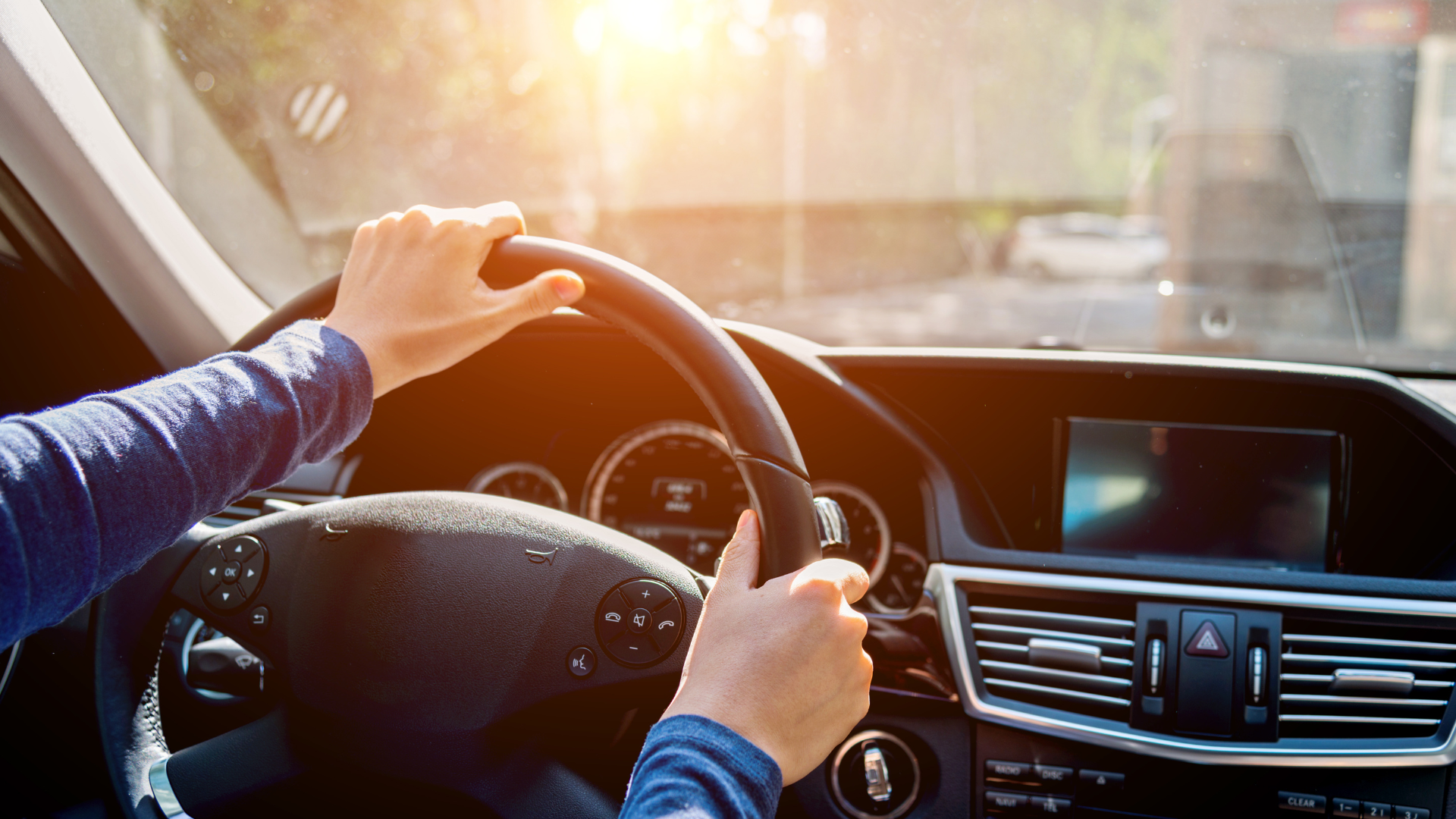The Association of Consumer Support Organisations (ACSO) has responded to the Law Commission remote driving issues paper.
Cara Elliott, policy and public affairs advisor at ACSO, says: "The introduction of remote driving will significantly alter the way in which compensation is awarded largely due to the likelihood of road traffic accident claims boiling down to driver liability vs product liability.
"In some cases with remote driving, it may be clear that the driver's negligence was still the cause of the crash and this would follow the normal claims process. However, if the driver is not to blame, liability may fall on the manufacturers and technology companies responsible for the vehicle's production and operation. If this is the case, an individual claims against a company or organisation is likely to take a significant amount of time and will be extremely complex for both the claimant and their representatives. This is a significant shift which will undoubtedly affect the claims process and could even lead to an end to the typical 'no win, no fee' arrangements between law firms and their clients."
On remote driving and the Highway Code, Elliott also adds that "given the rate of change in this area, more guidance would be beneficial, particularly through the inclusion of the CCAV Code of Practice, which seeks to facilitate the trialling of a wide range of road vehicles, including those with remote driving technologies. By including the full CCAV Code of Practice in the Highway Code, this would give the guidance, though not law, more weight."
ACSO members can read the full submission in the members' area of the website.
